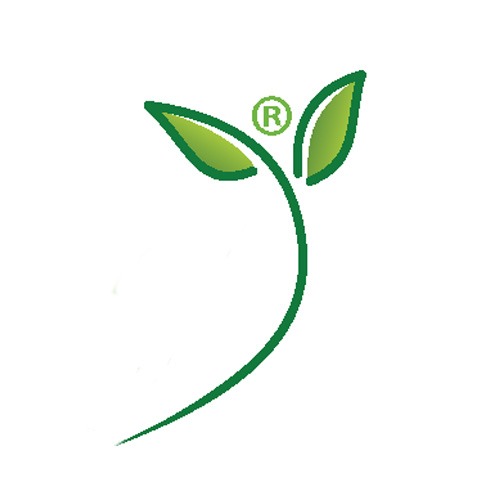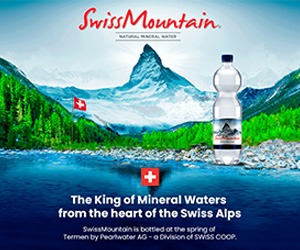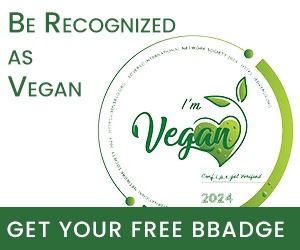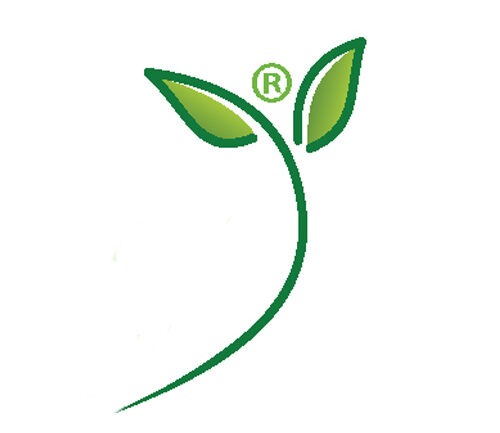Recent petitions and legislative actions have brought attention to the safety of decaf coffee, particularly concerning the use of methylene chloride in its production.
Concerns Over Methylene Chloride
Health advocacy groups are urging the US Food and Drug Administration (FDA) to ban methylene chloride, a known carcinogen used in decaffeination processes. The Environmental Defense Fund (EDF) and others argue that its use violates safety regulations.
Legislative Response
California’s State Assembly has introduced a bill to ban methylene chloride in decaffeination within the state. This legislative move aims to ensure consumer safety and transparency in labeling.
Health Risks and FDA Regulations
Exposure to methylene chloride can pose serious health risks, including harm to the eyes, skin, liver, and heart. The FDA permits its use in decaffeination only if residues do not exceed specific limits deemed safe for consumption.
Industry Response and Scientific Debate
Industry representatives argue that current decaffeination methods are safe, citing minimal residual levels of methylene chloride in decaf coffee. However, health advocates emphasize the need for updated regulations and safer alternatives.
Exploring Safer Methods
Alternative decaffeination methods, such as the Swiss Water Process and the Carbon Dioxide Process, offer chemical-free alternatives with minimal impact on flavor. These methods prioritize consumer safety and flavor integrity.
Conclusion: Ensuring Consumer Safety
While debates continue over the safety of decaf coffee production, the push for regulatory updates and safer processing methods underscores the importance of consumer health and transparency in the food industry.








